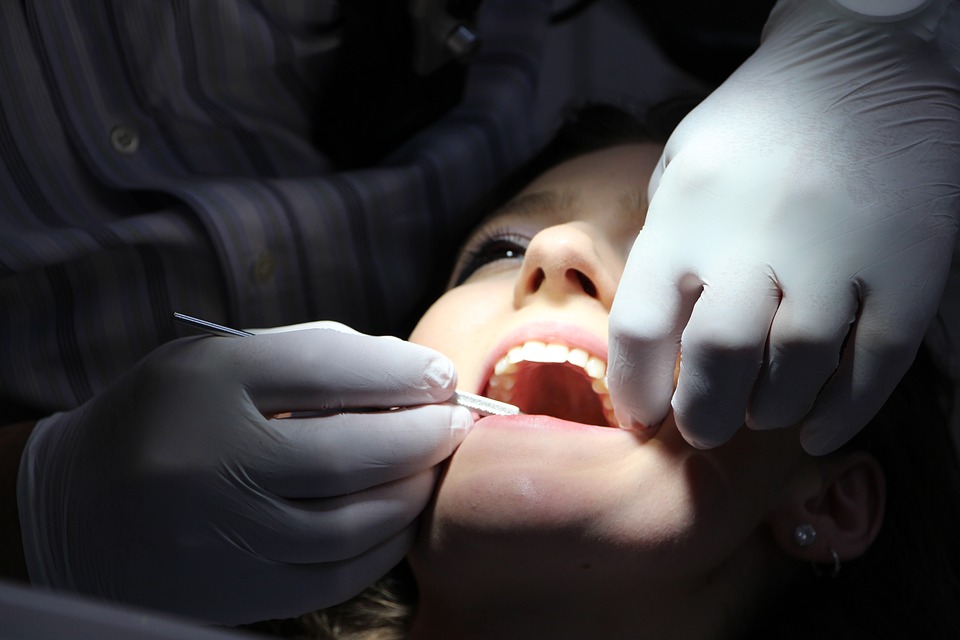It is fair to say that a large majority of us really don’t enjoy going to the dentist, and would prefer to avoid it altogether if it were at all possible. With that being said, there are many instances when it is necessary to undergo dental surgery, perhaps for an extraction, a root canal or even something more severe such as emergency surgery. Whilst this may not be a pleasant experience for anyone involved, there are some steps which you can take that will improve the overall experience.

The Dr Kami Hoss site is full of information about dentistry and surgeries in particular, and these are just some of the things which it recommends that you do in order to ensure that your dental surgery goes as best as it can.
Preparation
In the days and weeks leading up to your surgery, the best thing that you can do is to forget about it entirely. This of course is not something that is easy to do, and it can play on the minds of many. In order to help you forget about it, you must keep yourself busy, as well as avoiding looking online for information relating to your surgery. There are many horror stories that people love to share online, which are very rare occurrences, don’t look online, and do your best to get the though of surgery out of your head.
Day of Surgery
Make sure that you have some support around you on the day of your surgery, in order to ensure that you get to the appointment and get back from the appointment. You will probably be nervous ahead of your surgery and so if you have any questions which you want to ask beforehand, make sure that you write them down so that you can ask your dentist prior to getting started. It is important that you understand exactly what is going to be happening during your surgery so make sure that you clear up any doubts sooner rather than later.
Recovery
Your recovery time will vary depending on your age and the particular surgery which has been performed on you. Generally speaking however, the toughest, and most painful times after surgery, are the 3-5 days directly afterwards. More often than not the drugs that you will be given to help you with this pain will be those that focus on pain relief such as ibuprofen, paracetamol and aspirin, as well as some instructions to help you reduce any swelling which may have occurred. Prior to your surgery, be sure to tell your dentist if you have had reactions with any pain relief drugs in the past. During your recovery you will have to be careful when drinking and also ensure that you have some liquid or soft food to eat such as yoghurts, soups and smoothies. The better that you look after your mouth during your recovery, the better results you will see once it is all said and done.
